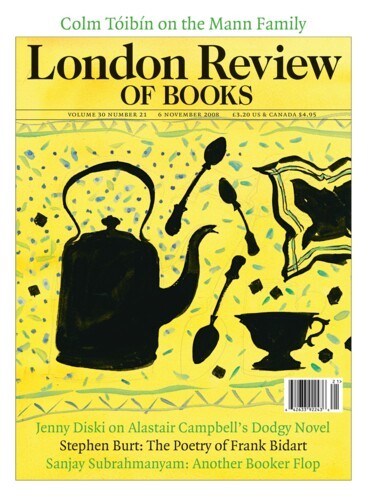Hassan Rouhani, speaking at the United Nations General Assembly last week, warned against extremism and miscalculation, stressed the importance of prudence and ‘moderation’, reaffirmed that Iran’s nuclear programme had purely peaceful purposes, dismissed the notion that his country posed a threat to the Middle East, argued that politics was not a zero-sum game and that negotiations could settle differences, and denounced all uses of weapons of mass destruction, including chemical ones. He concluded with citations from the Psalms, the Torah and the Persian epic poet Ferdowsi.
Ervand Abrahamian
Ervand Abrahamian’s History of Modern Iran came out in July.
‘I am not a speck of dirt, I am a retired teacher’: The Protests in Iran
Ervand Abrahamian, 23 July 2009
Iran has a healthy respect for crowds – and for good reason. Crowds brought about the 1906 constitutional revolution. Crowds prevented the Iranian parliament from submitting to a tsarist ultimatum in 1911. Crowds scuttled the 1919 Anglo-Iranian Agreement, which would have in effect incorporated the country into the British Empire. Crowds prevented General Reza Khan from imitating...
Who’s in Charge? How Iran Works
Ervand Abrahamian, 6 November 2008
American officials – without any trace of irony – label Iran as militaristic, aggressive, expansionist, interventionist, even as hegemonic and imperialistic. The media often echo this, depicting Iran as a cross between the Persian Empire and the Third Reich, aspiring to re-establish a Pax Iranica across the region. Neoconservatives go further, claiming that Iran ‘declared...
Read anywhere with the London Review of Books app, available now from the App Store for Apple devices, Google Play for Android devices and Amazon for your Kindle Fire.
Sign up to our newsletter
For highlights from the latest issue, our archive and the blog, as well as news, events and exclusive promotions.



